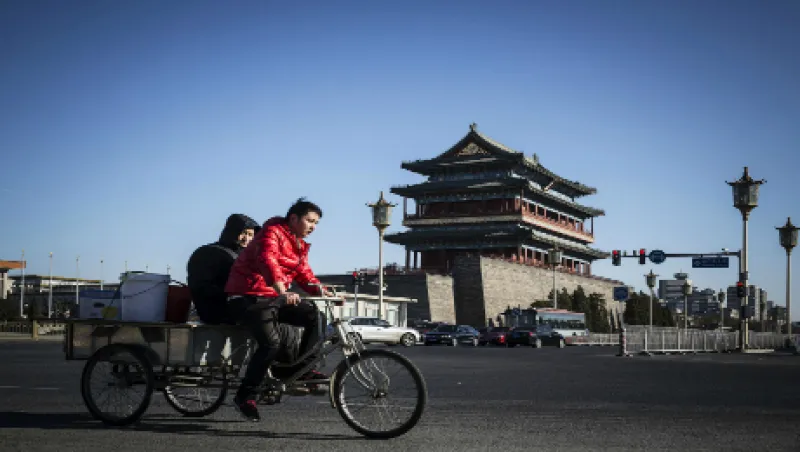
Is China the Country Facing a Hard Landing?
The three-ring circus that is the 2016 U.S. presidential election makes for an uncomfortable juxtaposition with China’s investments in the poorest countries.
Laurence Brahm
April 9, 2016


